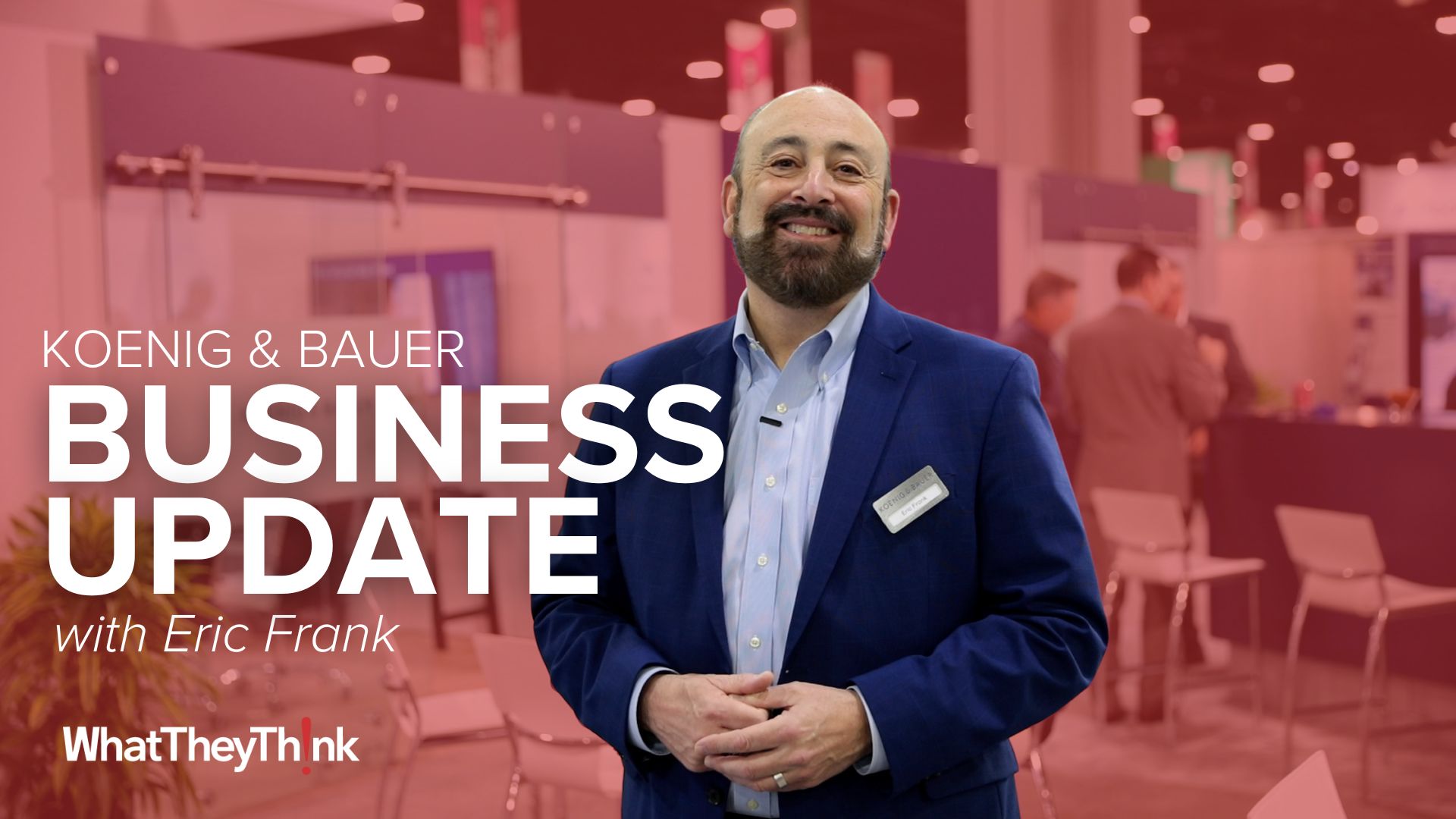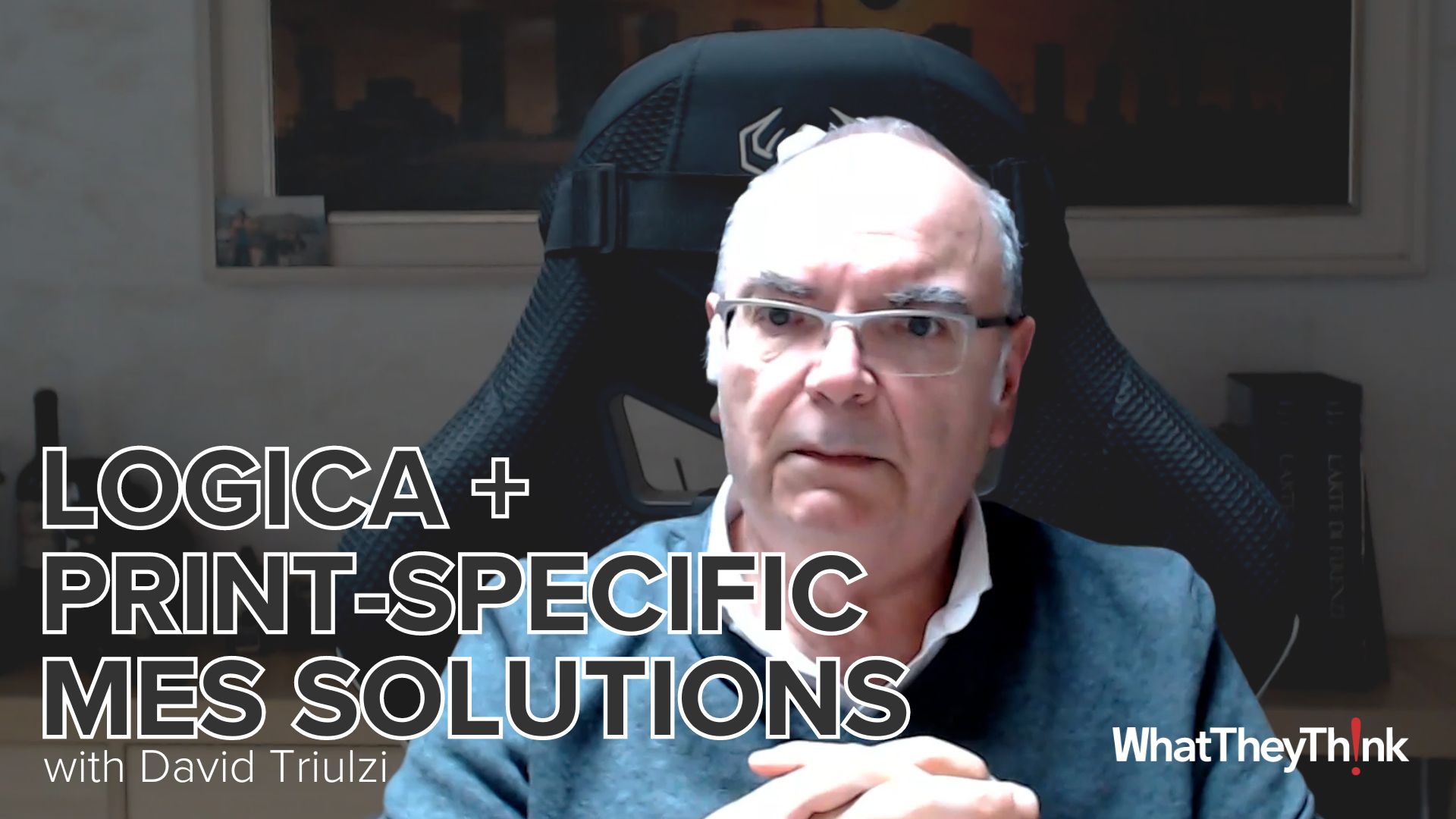Heidelberg to Highlight Benefits of Color-Managed Workflow at Graph Expo
Press release from the issuing company
Customer demand for faster turnaround, shorter runs and more complex jobs produced on multiple platforms are driving print businesses to seek out more efficient production workflows. To stay competitive, printers need a flexible workflow that adapts easily to print buyers’ changing requirements and maximizes their investments in print equipment and software, all while satisfying their customers and boosting their profit margins.
At Graph Expo 2012, Heidelberg will demonstrate a flexible, seamless solution consisting of a Speedmaster SM 52 Anicolor press, EFI Rastek H652 UV flatbed inkjet printer, and Linoprint Pro C901 digital press—all united by Heidelberg’s integrated color management and Prinect workflow. Heidelberg’s demo job this year—a simulated retail promotion initiated via web-to-print submission and composed of static and variable components—is notable not only for the quality and color consistency of its individual components, but also for the way the pieces fit together.
Nobody Does It Better
The concept of a hybrid workflow entails a common workflow management system integrated via JDF with an offset press, as well as with cut-sheet digital and grand-format inkjet devices. Rather than managing their offset and digital printing separately, printers can process, print, and track jobs using a common interface. A hybrid workflow solution offers the flexibility to route jobs to offset or digital printing equipment based on run length, turnaround time, page size, substrate, finishing, and other considerations. Properly implemented, this type of workflow reduces errors, eliminates redundancies, and gives a printer the most cost-effective way to produce the job.
Heidelberg’s newly enhanced Prinect Digital Print Manager enables printers to integrate their digital printing systems bi-directionally into the Prinect management and production workflow in the same way as offset presses, enabling them to route jobs quickly to the most cost-efficient production equipment. The majority of professional digital print systems currently installed in print shops can be integrated in Prinect workflow using Prinect Digital Print Manager.
Expert Color Management Adds Value for Customers
Heidelberg’s unique approach relies on ICC-based color management as a key differentiator and critical competitive advantage. Because color variance is an unavoidable challenge in campaigns printed on multiple devices, the beating heart of hybrid workflows—and the source of considerable added value for print buyers—is the degree of color management expertise a printer can demonstrate in ensuring that color is consistent from device to device. Under the right conditions, the same color-managed workflow that supports a printer's offset department can give all of the components in a print marketing campaign the same look, feel, and color-consistency the print buyer expects and demands.
ICC profiling is an easy-to-use “super technology" that yields measureable savings while delivering a higher-quality product. Because it supports a wide variety of workflows used for a variety of color reproduction goals, ICC profiling becomes even more important as print jobs morph into media campaigns. Such campaigns most likely make use of a variety substrates that have the potential to compromise color consistency. Heidelberg's full-spectrum solution for multi-process color management is Prinect Color Toolbox, a G7-certified suite of tools for device calibration, ICC profile generation, and proof/print analysis. Automated color management with Prinect Color Toolbox gets digital and grand-format digital inkjet jobs into production quickly, with no guessing what the color will look like. Users are perfectly prepared to produce anything their customers require efficiently, cost-effectively, and at the highest quality.
Expert color management by Heidelberg, combined with a hybrid Prinect workflow, is the key to success for any campaign that blends toner-based and digital wide-format inkjet output with offset. Printers that add these technologies gain the ability to produce the high-margin jobs their customers used to go elsewhere to buy. Rewards include higher selling prices, fatter profit margins, and increased customer loyalty.
- Inkjet Integrator Profiles: DJM
- Spring Inkjet Update – Webinar
- Security Ink Technologies for Anti-Counterfeiting Measures
- Komori unveils B2 UV Inkjet
- Keeping Nozzles Fresh with Flow
- Komori to Unveil the J-throne 29 Next Generation Digital Press at drupa 2024
- Inkjet drives convergence of transactional and graphic arts applications
- The Inevitability of Technology Shifts and How to Communicate with Credibility

WhatTheyThink is the official show daily media partner of drupa 2024. More info about drupa programs
© 2024 WhatTheyThink. All Rights Reserved.









Discussion
Join the discussion Sign In or Become a Member, doing so is simple and free